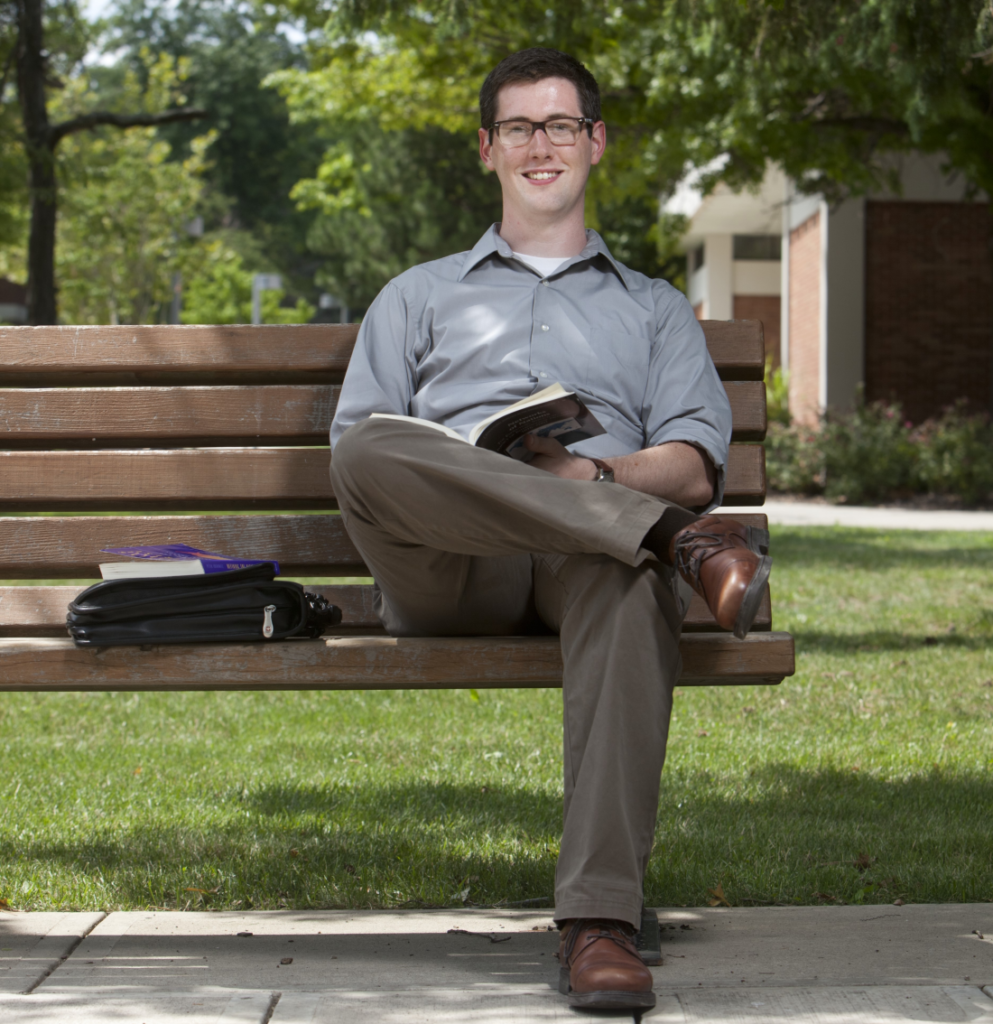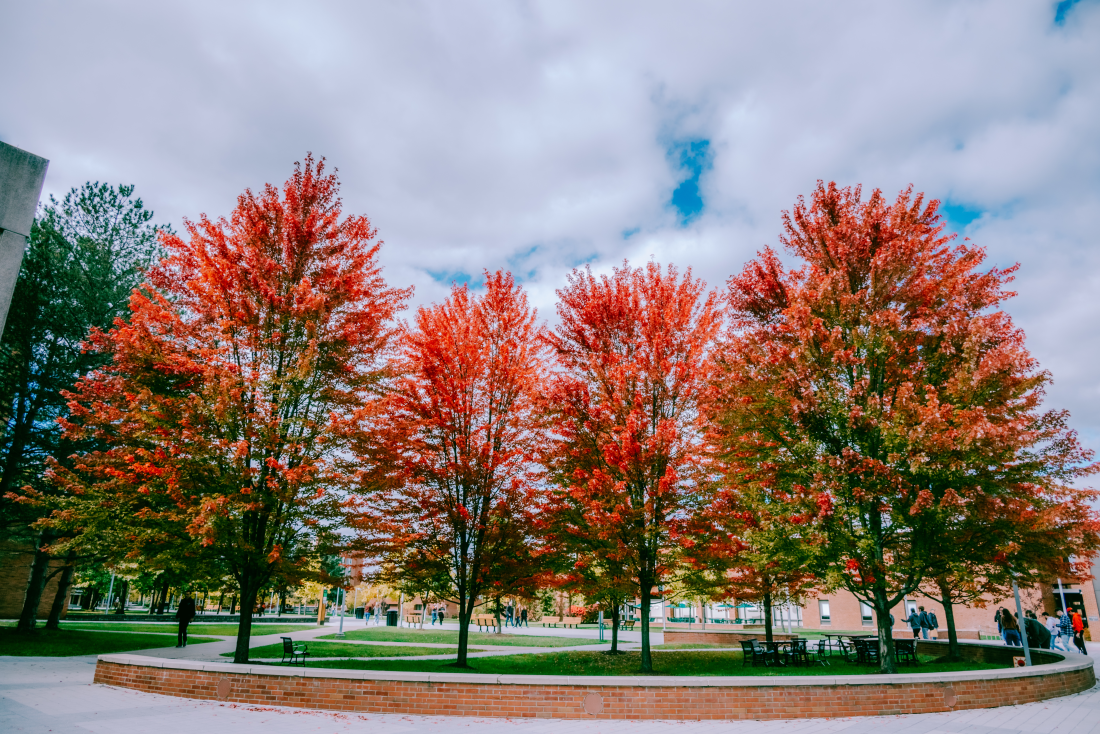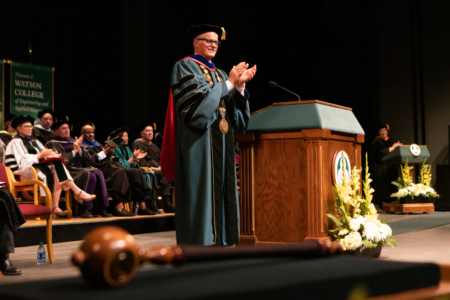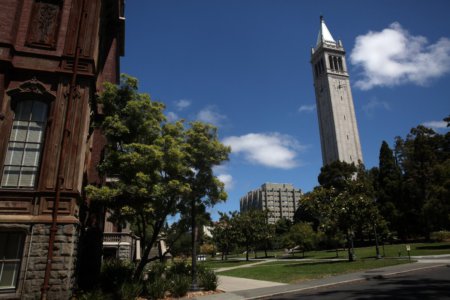Political Science is changing fast in a changing world.
We hear constant talk about how artificial intelligence could potentially undermine democratic values, or how governments and businesses have gained unprecedented surveillance power over citizens; or how the climate crisis will impact the political and economic autonomy of the world’s poor.
Understanding these problems is crucial if we want to solve them.
Binghamton University (State University of New York) offers Political Science programmes that seek to equip young scholars and professionals with the tools to assess and contribute solutions to the pressing issues of our time. These programmes are run by the Political Science Department one of the most well-regarded departments in “the best public university in the Northeast,” located in relatively affordable upstate New York.
The department holds two convictions in its approach to Political Science graduate education and research — that Political Science is a unique subject matter that requires specialisation; and that in the next generation all social sciences, including political science, will rely increasingly on systematic evidence and quantitative analysis.
Avoiding narrow topics and aiming for fields of inquiry with impact beyond academia, the type of research done at Binghamton University’s Human Rights Institute (HRI) has many uses in complex, real-life situations. It contributes to evidence-based policymaking and as such improves the quality of public policy discourse.

Binghamton University president Harvey G. Stenger. Source: Binghamton University
In an interview with the Fleishman Center for Career and Professional Development, Dr. David Cingranelli, Co-Director of the Human Rights Institute, offers a few examples of the type of research he conducts. “My career involves using the scientific method to demonstrate the truth of my arguments. I was one of the pioneers in applying science to the study of human rights, and now it is widely done. A lot of scholars also approach human rights from a philosophical perspective, and I respect them and get a lot of my ideas from them,” he says.
Dr. Cingranelli’s interest in human rights is in “building general theories of why some governments respect human rights more than others and what the societal consequences of having respect for human rights are.”He continues, “So, all of my research is designed to build general theories about why practices vary around the world.”
Dr. Cingranelli leads the CIRIGHTS and Measuring Human Rights Data Project. The largest human rights dataset in the world scores a representative sample of all internationally recognised human rights for all countries of the world covering 40 years. It aims to generate numerical scores for the full range of human rights included in the International Bill of Human Rights using content analysis. They allow policymakers, teachers, and scholars in the disciplines of political science, sociology, and economics to not only compare the human rights practices of different countries to develop and test theories of why states violate human rights, but also to evaluate the human rights consequences of policy interventions, and to determine whether government protection of various rights is improving or declining.

PhD candidate Michael Flynn analysed whether efforts to call out nations that have a spotty record on human rights would result in less foreign direct investments into those countries. Source: Binghamton University
As a doctoral candidate at the department, Michael Flynn found a positive relationship between foreign corporate investment and a greater respect for human rights across countries. These findings arose from his analysis on whether efforts to call out countries that have a spotty record on human rights would result in less foreign direct investments into those countries. The study was published in International Studies Quarterly.
Flynn focused on political networks, and how local and international politics interacted and intersected with human rights and conflicts. His work corrects how people view foreign relations, says Benjamin Fordham, Flynn’s doctoral committee chairman. “Most people tend to focus on international conditions as driving foreign relations,” says Fordham, a professor of political science. “But you can’t understand the whole situation until you understand the internal situation.”
Other key projects at Binghamton Political Science include an examination of partisan gerrymandering; research on if and how capitalism makes the best conditions for personal liberty; research comparing conditions of confinement in the Broome County Jail to the Guantanamo Bay Naval Base Detention Centre; explorations of human rights in literary and cultural studies; investigation of the factors driving human trafficking and ways to address existing gaps in anti-trafficking policy; research on climate change and its disproportionate effect on women and girls; and inquiry on the potential use of AI in predicting bad human rights outcomes.
These are endeavours that train students to create new knowledge that contributes to solutions. To Dr. Cingranelli, the most important skills are “to think critically, to be imaginative and creative, to write really well, and to communicate well, particularly to be able to speak in front of groups.” He continues, “these are necessary to have a leadership role in society, and I hope that everyone who enters Binghamton will have such a role at some point in their lives,” Other key skills to have are quantitative skills and research skills, he adds.
Using these skills, Binghamton University graduates go on to work in academia, research institutes, government and private industry. Past PhD candidates have landed teaching roles at home and abroad. Flynn is a Professor of Political Science at Kansas State University and the co-author of “Beyond the Wire: US Military Deployments and Host Country Public Opinion” together with Carla Martinez Machain and Michael A. Allen. Joshua N. Zingher is an Associate Professor at Old Dominon University and is the author of “Political Choice in a Polarized America: How Elite Polarization Shapes Mass Behaviour.” Another prominent Binghamton PhD alum is K. Chad Clay, who runs the independent, non-profit Human Rights Measurement Initiative at the University of Georgia, producing robust data that anyone can use to push for improvements in how governments treat people.












